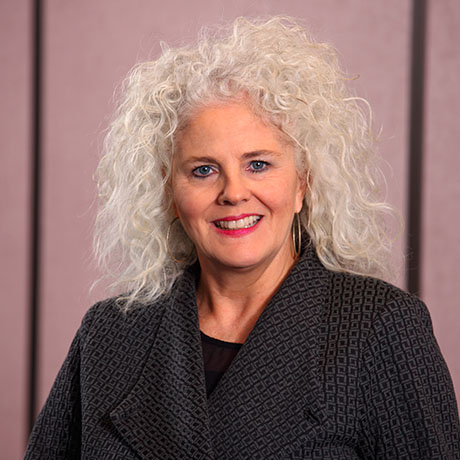What Happens to Accounts Receivables in a Practice Sale
Kevin Brady discusses the ways Accounts Receivables are transitioned in a dental practice sale.
Read MoreWant Your Own Practice, But Don’t Know Where to Start?
 By Megan Urban
By Megan Urban
The decisions you make now will impact you and your income today and in the future. We are here to assist you to make the best decisions for you and your family.
Gather your team of trusted advisors.
- Start with your Transition Advisor and they can recommend dental-specific banks, attorneys, and CPAs to guide you every step of the way. We’ve done this many, many times, and want to share our experience.
- We understand money is a concern, but decisions you make now can equate to thousands of dollars that you may never recoup over your career, so gathering your team of trusted advisors is priceless.
Your Transition Advisor can help you:
- Understand the practice and the purchasing process.
- Assist you to do a chart audit and other due diligence to determine the cash flow and if it is the right practice for you.
- Work with your other advisors to set up the best entity for your practice, acquire solid financing, and ensure all necessary documents and contracts are in place.
- Make a plan to retain patients and team, and implement processes and procedures to help you to increase production and collection, as well as reduce stress.
We can help you with the process of buying a dental practice. Contact us today!
Read MoreWhy it May Be Okay to Overpay for a Veterinary Practice
Jim Vander Mey, CPA, ABI, is a Senior Veterinary Practice Broker with OMNI Practice Group, as well as a Certified Public Accountant. In this video, Jim explains the cost of waiting to buy a veterinary practice. You may be surprised how much money you could lose out on by waiting to buy, even in 2020, and why overpaying for a veterinary practice now can end up saving you $$$ in the long run.
Read MoreHelpful Tips on Retaining Staff After the Transition
By Corey Young, DDS, MBA, ABI and Jen Bennett, OMNI Practice Group
Congratulations! You just achieved a major professional milestone in completing the purchase of your new practice.
There are many tasks that will require your immediate attention after closing, but one often overlooked item that is crucial to your transition is ensuring you retain the staff.
Here are some helpful tips for you to consider:
The first thing you will want to do is a formal “meet and greet.” I highly recommend that you meet your new employees within two days of the seller notifying the staff. This will help ease their anxiety about who the new boss is and give you an opportunity to personally remind them that they are an asset to the practice. It is also always a nice touch to schedule the introduction during lunch hour and as a kind gesture, to bring lunch for all. Be sure to check with the seller on any dietary restrictions, food allergies, and favorite restaurants.
Next, your new staff will be worried that you will be making changes that may negatively impact their lives such as pay, benefits, work hours, scheduled time off, etc. Make it a top priority to understand their concerns and to assure them that you will carefully evaluate all potential changes before making any decisions. While things might not be run exactly how you want them to be, be sure to weigh the consequences of losing a key staff member because of a decision you might make. Sometimes it is better to leave things intact while you get yourself established with the staff and with your new patients before you implement your desired changes.
Finally, you will be busy but find time to make a personal connection. Set aside one-on-one time with each staff member, get to know them, what they care about, and why they got into veterinary practice. Establishing a relationship early on will pay dividends down the road as your new patients will certainly be asking their trusted veterinary technician, assistant, or office staff member, “What do you think about the new guy/gal?” The goal is to not only retain your staff but to retain patients as well. Having staff in your corner is critical to your long-term success.
Commercial Market Update
Steve Kikikis, Commercial Real Estate Broker and VP at OMNI Healthcare Real Estate has helped clients start-up and lease dental spaces for almost 15 years. What does the current market look like for dentists? Here is an update!
Read More